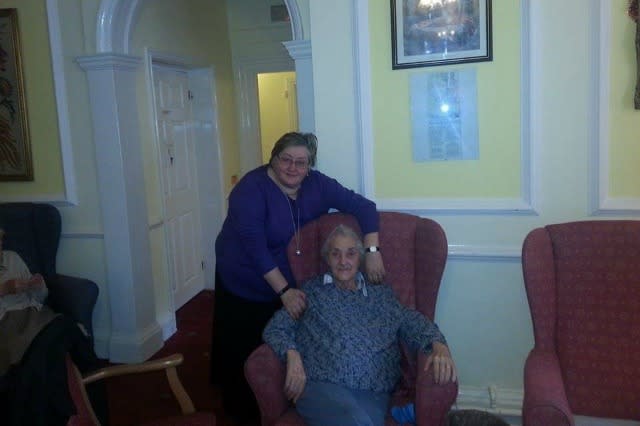Daughter stole £100,000 from her own mum after she was diagnosed with dementia

Susan Linda Hayes has been jailed for three years, for stealing £100,000 from her own mum. Patricia Bancroft had been diagnosed with dementia and moved into a care home. Hayes was supposed to be taking care of her financial affairs, but took advantage and plundered her accounts.
The Lancashire Evening Post reported that Bancroft handed over financial responsibility to her daughter when she fell ill in 2011, and moved into Croston Park nursing home in Lancashire. Haynes and her husband them moved into Bancroft's house in Leyland, Lancashire.
She told Hayes, a 55-year-old from Lancashire, that she could withdraw some money to pay for her honeymoon. However, she continued to take money, and eventually stole more than £100,000 from her mum. She left her mother with just £1.55 in her account, and care home fee debts of £28,000.
According to the Daily Mail, in 2014, the care home fee debts were referred to the Office of the Public Guardian, which looked into where the money had gone. That's when they unearthed the theft. Hayes pleaded guilty to fraud, and was jailed for three years. Her elderly mother has since died.
Power of attorney
During the case, Hayes' defence lawyer highlighted that she had suffered from personal problems and ill health, and perhaps should not have been put in the position of attorney.
It goes to show how important it is to make the right decision, when you are deciding the best person to look after your personal affairs if you fall ill.
A lasting power of attorney (LPA) is a highly sensible thing to set up while you are in good health. It means that if you eventually lack the mental capacity to know what's best for yourself, there is something in place to ensure that someone you trust can step in and make those decisions for you. There are two types of LPA - one for financial decisions and one for health.
A financial LPA will enable, for example, someone to sell your home to pay for a care home, or make sure your mortgage and bills are paid if you want to stay in your own home.
There are a few ways you can protect yourself from someone making poor decisions with your money.
When you set up the LPA, you can either decide that the attorney can make all decisions for you, or you can limit them, so they only make decisions that cannot cause too many difficulties. You can also insist that the attorney makes up regular accounts of expenses and sends them to a solicitor or another family member.
Perhaps most important protection, however, is taking the time to choose the right attorney. You'll ideally choose someone organised, who understands finance, who appreciates the scale of the role, and who can work with solicitors and accountants if needs be. However, most importantly of all, you need to pick someone you can trust, who you believe understands your values and who will always act in your best interests.
Before you sign anyone up, it's vital you have an in-depth discussion about what you are asking them to do, and whether they are prepared for the responsibilities of the role. It's not always an easy thing to do, but as cases like this one show us, it's absolutely essential.




